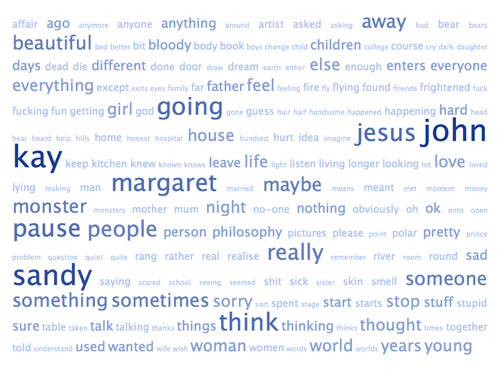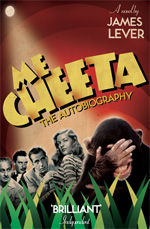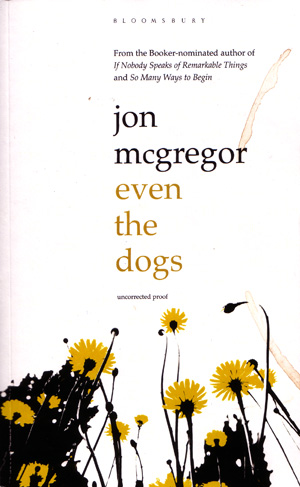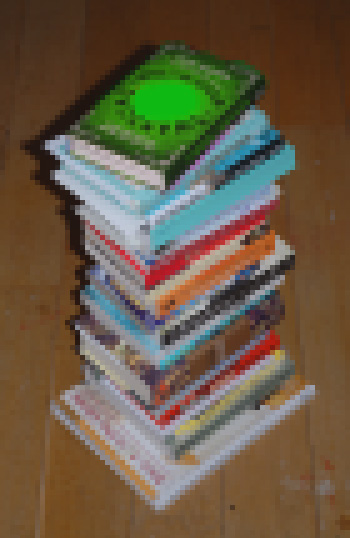stuff that's been making me happy recently...
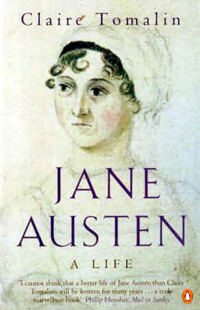
shamefully I’ve never read a biography of jane austen before. I can’t imagine there is one better than this, or will be, unless a cache of new documents come to light. astonishingly, claire tomalin manages to make jane austen’s story engrossing and moving despite the fact that her life is largely a hole in a huge tapestry of busy sibling and cousins and uncles, of banking and naval expeditions church appointments, of fortunes won and lost, big houses and crowded cottages and a sad litany of early deaths.
a footnote: how did I not know that spencer perceval was the only british prime minister to have been assassinated, and in the house of commons to boot? I keep asking people and, historians apart, no-one else seems to know; what a bizarre fact to have slipped out of the schoolbooks.

tarot sport by fuck buttons, whose inappropriate name seem designed only to… to what? to reduce sales? wrongfoot any potential listeners? this has been on constant rotation for about a month now. long slowly evolving electronic dance instrumentals tracks that veer between glitchy industrial techno and really, really good tv theme tunes. utterly addictive, for reasons I can’t quite put my finger on (though some nicely out-of-phase rhythms help).

I don’t do cars or power tools or cameras, so I don’t get equipment-thrill very often, but… I’ve been doing some long runs recently. anything over two hours and I need this to prevent myself going home in an ambulance. you can stick everything in: 3 litres of water, thermal shirt, waterproof, hat, mobile, cash, kendal mint cakes (chocolate flavour).

I’ve always loved john hoyland’s paintings. a couple of weeks ago I wandered into henry pordes books in the charing cross road and picked up the the mel gooding book about his earlier work, which I didn’t know. he starts by trying out variations on other people’s styles (bridget riley, hans hoffman, bits of Rothko and barnett newman…). then suddenly, c. ’85-87 the pictures explode and he becomes gloriously himself (this is ’kong sleeps’ from ’85).


